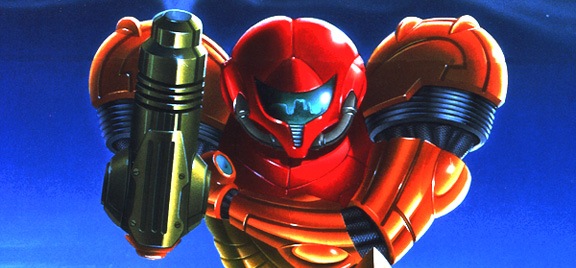Loving the subtle bigotry in this thread.
I do think it's because Metroid's style of sci-fi setting has lost its appeal in Japan in recent years, though. The best thing Nintendo could do would be to hand creative control entirely over to a Western developer who actually understands what people like about Metroid, but...
A lot of it isn't really very subtle...
As far as what they do with it goes I think it really depends what they want to do with it. They could keep having Retro do Prime games when they aren't working on higher profile titles as they've seemed to sell moderately well.
Alternatively they could keep the series in Japan and keep it under Sakamoto, but I don't think they can make a traditional Metroid game sell that well at a normal retail price point. Maybe a $20 release with a limited $30 physical run would work if they could budget the game effectively.
Regardless I don't think the series fits the tastes of the Japanese market and I don't think it's worth specifically targeting it when planning the game.
The real question I think we need to ask (or at least I'm asking) is how popular were the first three Metroid games in Japan?
I think after that it's kind of obvious how the series may have not been as popular in Japan -- the eight-year hiatus followed by a series of first person shooters. Though I guess only the hiatus could have hurt Fusion and Zero Mission.
I remember circa 2002 press was noting how Metroid was never as popular in Japan as it was in the US, so even when talking about the initial three games there was a sense Metroid wasn't a big hit with the Japanese audience. I'm wondering what was wrong with those games in particular. I don't think it was sci-fi, the female protagonist, open-ended gameplay, or the lack of sexualization because you could apply all those things to other Japanese games from the 80's and early 90's.
The sales figures people have put down for the first 3 titles have seemed pretty solid, but there was a lot of time between Super and Prime/Fusion and the market itself changed dramatically. The install base for the GC was considerably lower than the NES/SNES and the GBA might not have been in the hands of gamers who were old enough to remember the series.
Another angle people haven't brought up is that being a successful title in the 8/16 bit days was probably easier as there was a lot less competition. Te three platforms were peerless in Japan and all three were relatively early titles so they'd stand out more. Additionally qualitywise they were arguably some of the strongest games on the platform, but I don't think the same would be said for Fusion/Zero Mission/Other M and such and they didn't stand out as much as a result.





